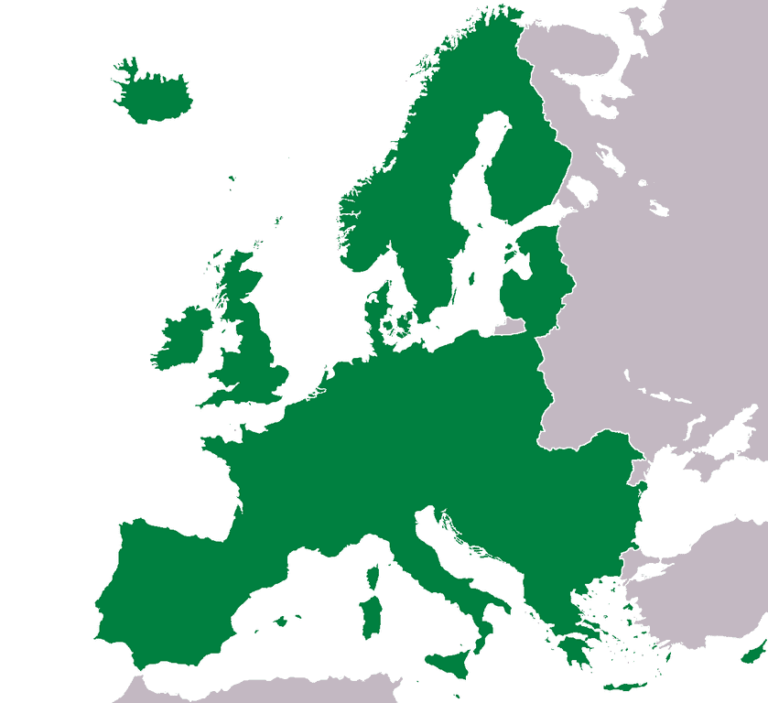The European Union established a ten-year game plan in 2010 to pave the way for societal growth, aiming to generate a more prosperous economy and tackle climate change to ensure a smart, sustainable future. The Europe 2020 strategy is aimed at pursuing change and improvement in five areas: education, poverty reduction, employment, innovation and climate/energy.
Various schemes and directives have been set out as part of plans to fulfil these goals. An example of this is the draft EU directive said to take effect in 2019, stating that an electric vehicle charging point must included in every newly built or refurbished house. This directive complements the Dutch, German and Norwegian plans to phase out cars with internal combustion engines by 2025-30.
Norway currently stands as a prime example of a flourishing electric vehicle scene where the government have succeeded in encouraging drivers to convert to electric vehicles. This has been made possible through various measures, such as tax breaks and improved electric vehicle charging station infrastructure. Last December, Norway hit the 100,000 mark for all-electric vehicle on the roads, with further plans to quadruple that amount and to bring a further 300,000 all-electric cars onto the roads by 2020. Norway plan to completely ban the sale of any fossil fuel powered cars in the next ten years, forging a completely diesel free nation by 2025, planning to have all Norwegian cars running on various forms of green energy.
Likewise, Copenhagen in Denmark in promoting the use of shared electric car hire with the use of the Rejsekort card- which is somewhat similar to London’s oyster card system. This ticketing system covers all major public transport networks in Denmark, from train services to metro networks and busses. The pricing is based on distance travelled regardless of the number of operators with incentives for those who travel more frequently. The Rejsekort system now extends to cover bicycle hire and electric car sharing by the minute, all at the touch of a card.
Germany has also taken steps to promote electric vehicles and plans to take cars with internal combustion engines off its roads by 2030. They aim to do this by putting place incentives similar to those of other countries and will be reviewing existing taxation. The end result will be that car manufacturers will be banned from selling new vehicles powered by fossil fuels. Correspondingly, many German car manufacturers, such as Mercedes-Benz, BMW and Volkswagen, are already producing electric cars with many others showing concept cars and future products aimed at reducing emissions.





